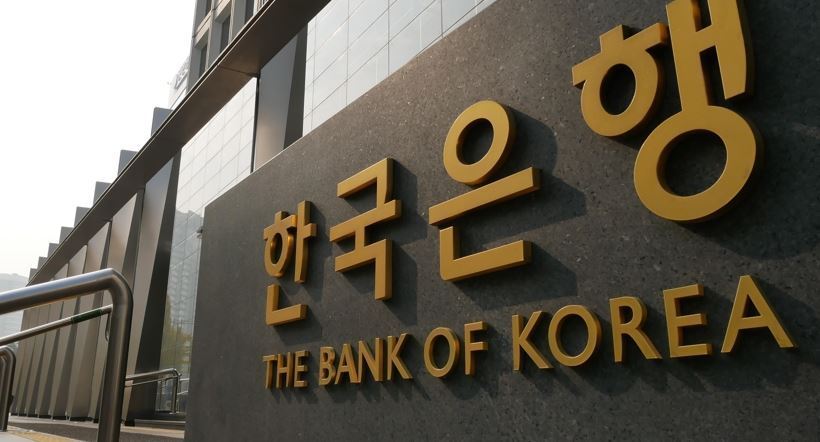The government’s fiscal spending has a multiplier impact, augmenting the economy by about 1.3 times over five years, central bank data showed Monday.
In a recent study by the Bank of Korea, the multiplier effects of government spending on the domestic economy stood at 1.27 over five years.
The given index means that every 1 trillion won ($844 million) spent by the government will generate 1.27 trillion won in gross domestic product during the period.
When the figure is low, it means that expanded government spending will lead to an interest rate hike and consequently dampen investments and consumption down the road.
 |
(Yonhap) |
The BOK report came amid divided responses to the Moon Jae-in administration’s expansive fiscal spending moves to revitalize the nation’s stalled economy amid external uncertainties.
The Ministry of Economy and Finance unveiled the government’s budget bill, plannnig 513.5 trillion won in total fiscal spending next year, up 9.3 percent from the previous year.
“We have confirmed a significant causal relation between increased government spending and GDP growth,” said Park Gwang-yong, researcher at the BOK’s Economic Research Institute.
“Fiscal policies can continue to serve as valid measures to stabilize the economy, as they reduce the range of volatility by mobilizing future resources.”
The multiplier effects of fiscal spending were previously estimated at a lower level. This, according to the BOK, was largely because the early-stage forecasts of fiscal spending plans were excluded from the assessments.
In its latest study, the BOK has assumed that the impact of fiscal spending starts upon the release of related news, taking into account that notices of forthcoming spending tends to boost market expectations and actual purchases.
Alto, the multiplier effects peak shortly after an important policy announcement and gradually decreases over the years, according to the report.
By Bae Hyun-jung (
tellme@heraldcorp.com)








![[Today’s K-pop] Blackpink’s Jennie, Lisa invited to Coachella as solo acts](http://res.heraldm.com/phpwas/restmb_idxmake.php?idx=644&simg=/content/image/2024/11/21/20241121050099_0.jpg)